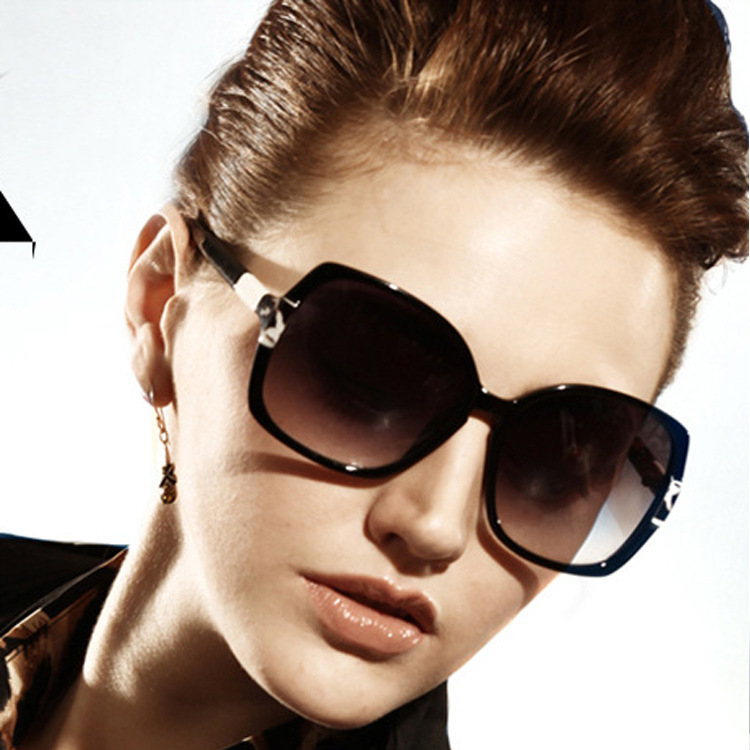A good pair of sunglasses goes a long way. Not only can sunglasses compliment your face, style, and overall appearance, but they also provide multiple health benefits as well.
Sunglasses Protect Your Eyes From Harmful Uv Rays
Ultraviolet (UV) radiation contribute to the development of many eye problems including cataracts and age-related macular degeneration (AMD). They will also help to prevent wrinkles by protecting the delicate skin around the eyes from premature aging. Good quality sunglasses protect your eyes from 100% of sun’s harmful UV rays.
Sunglasses Can Enhance Vision
All sunglass lenses are tinted to cut down on overall brightness and enhance terrain definition. However, your choice of tint colours affect your vision by influencing:
- how much visible light reaches your eyes
- how well you see other colours
- how well you see contrasts
By selecting the correct colour tint for your activity will help to improve your vision for that environment. Conversely, certain bright or unusual colours may alter your colour perception adversely. From a visual standpoint this is why it is usually best to choose lenses that are grey, brown or green.
Sunglasses Protect Your Eyes From Wind, Dust And Debris
Sunglasses are an effective wind barrier, especially the close-fitting “wrap” style frames as these are a particularly effective barrier that can protect your eyes from dirt, sand, and other particles swept up in the breeze. They also reduce the rate of evaporation of tears, so your eyes stay more moist and comfortable. If you wear contact lenses, sunglasses will help to keep them moist and prevent windblown particles from getting in your eyes and causing a corneal abrasion.
Sunglasses Reduce Glare
Most surfaces will reflect light. Water, snow, car windshields and the road surface are some of the most common surfaces that we experience reflected light. Extremely bright reflections interfere with vision. This is particularly dangerous when driving, riding a motorbike, skiing or boating. Consider sunglasses such as those that include polarized filters or mirror coatings will reduce glare for safer and more comfortable vision.
Sunglasses Reduce Headaches And Eyestrain
In very bright conditions, the pupil which controls the amount of light reaching the light sensitive retina, cannot constrict small enough to reduce light to a comfortable level. This causes a person to squint, using the eyelids to further reduce light entering the eye. Muscle fatigue associated with squinting and constant constriction of the pupil can lead to headache and eyestrain. Sunglasses reduce the amount of light reaching the eyes to a more comfortable level, eliminating the need for squinting and severe pupil constriction. Ensure you buy sunglasses that provide the correct category of protection.
When Is It Most Important To Wear Sunglasses?
It’s generally a good idea to wear sunglasses anytime you’re outdoors but especially when:
- At the beach or near the water (one of the most reflective surfaces)
- If you have had cataract surgery/ are taking photo-sensitizing drugs
- In summer when UV radiation is at least 3 times higher than it is during winter
- You’re in the mountains or outside at any high elevations.

